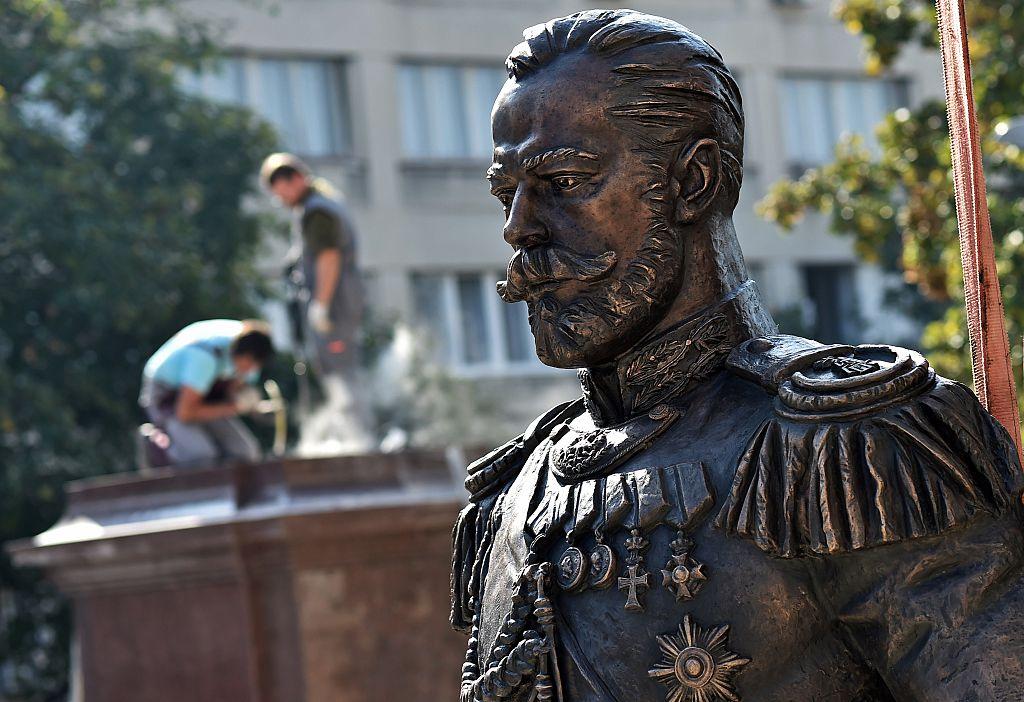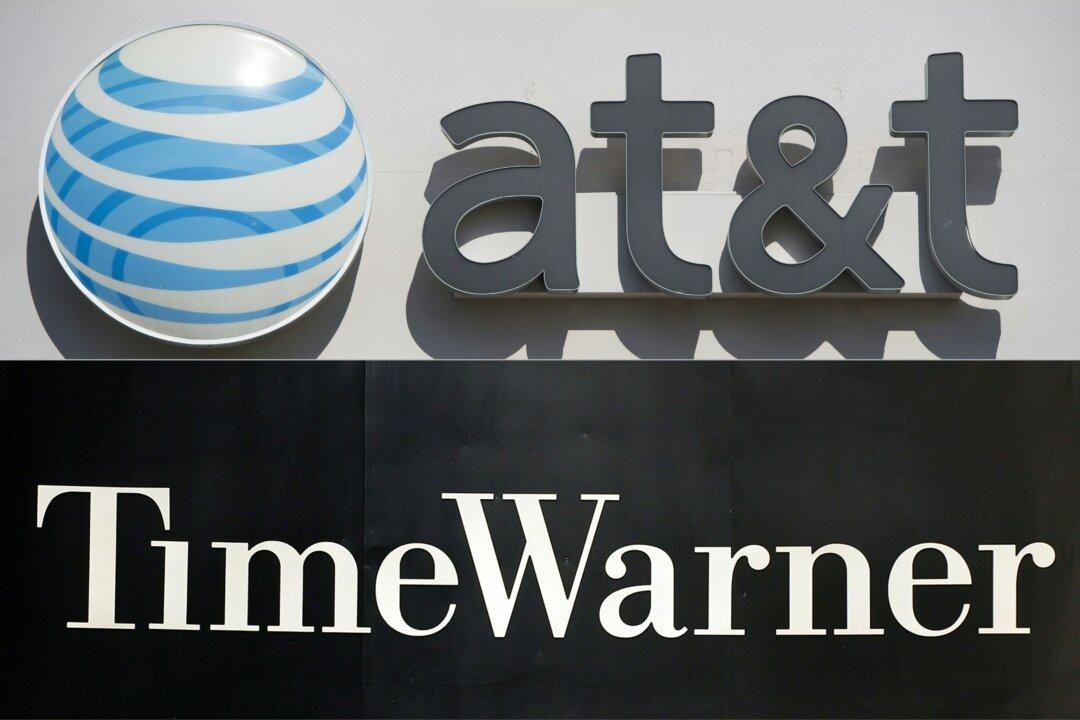We Americans have lived under the thumb of the czars for over 80 years. It is time to throw off the shackles of their cronyism and incompetence. While they sit in their palatial office buildings in the capitol, giving orders from on high, many of the problems they claim to solve only get worse.
Before you think I’ve gone more than a little crazy, recall all the times you’ve heard some executive-branch employee referred to as a czar. To be fair, that’s never been an official title, but it’s been in common usage since it was originated by executive-power enthusiast Franklin D. Roosevelt. Even if the term is informal, it confirms our reflexive tendency toward top-down control. We have a problem? There’s a czar for that.





